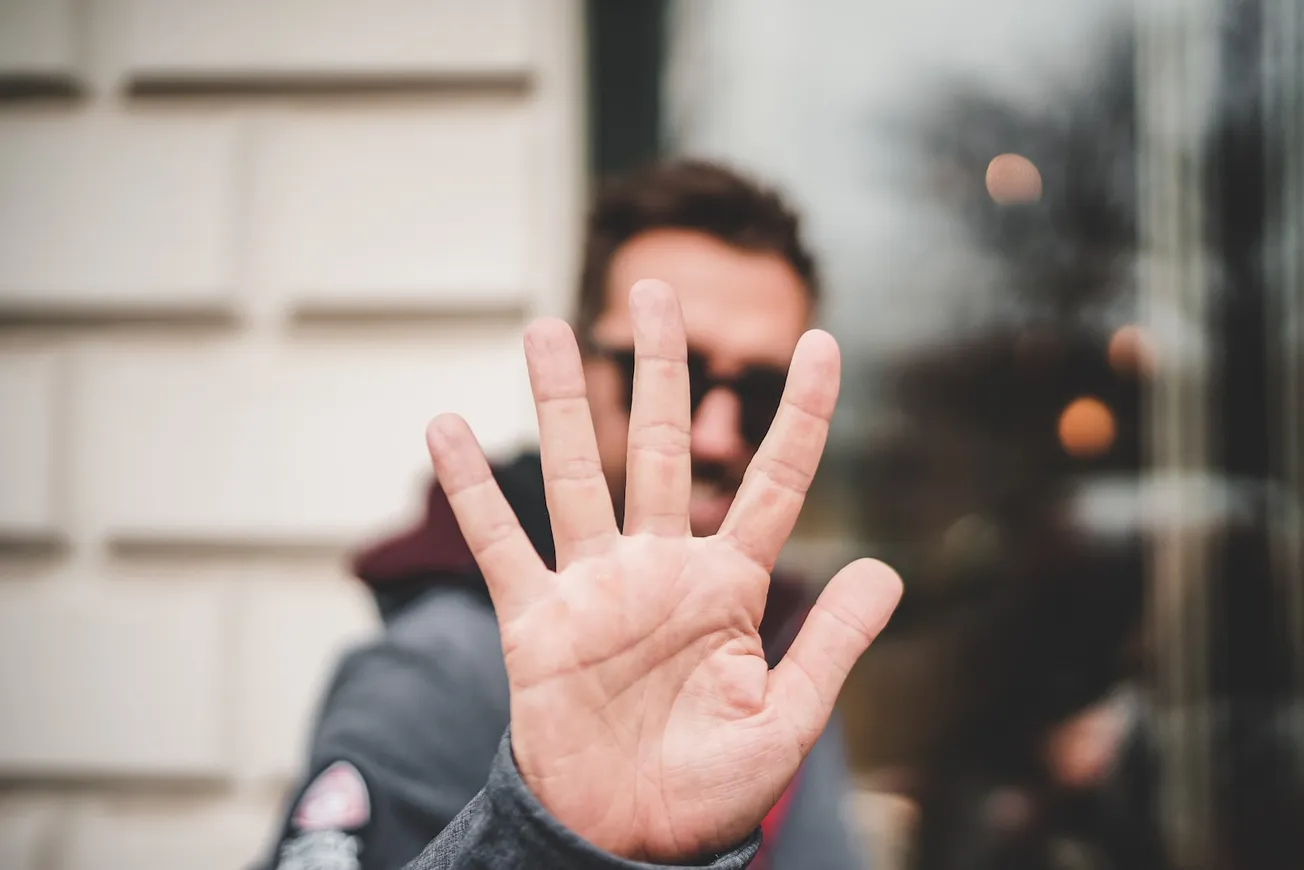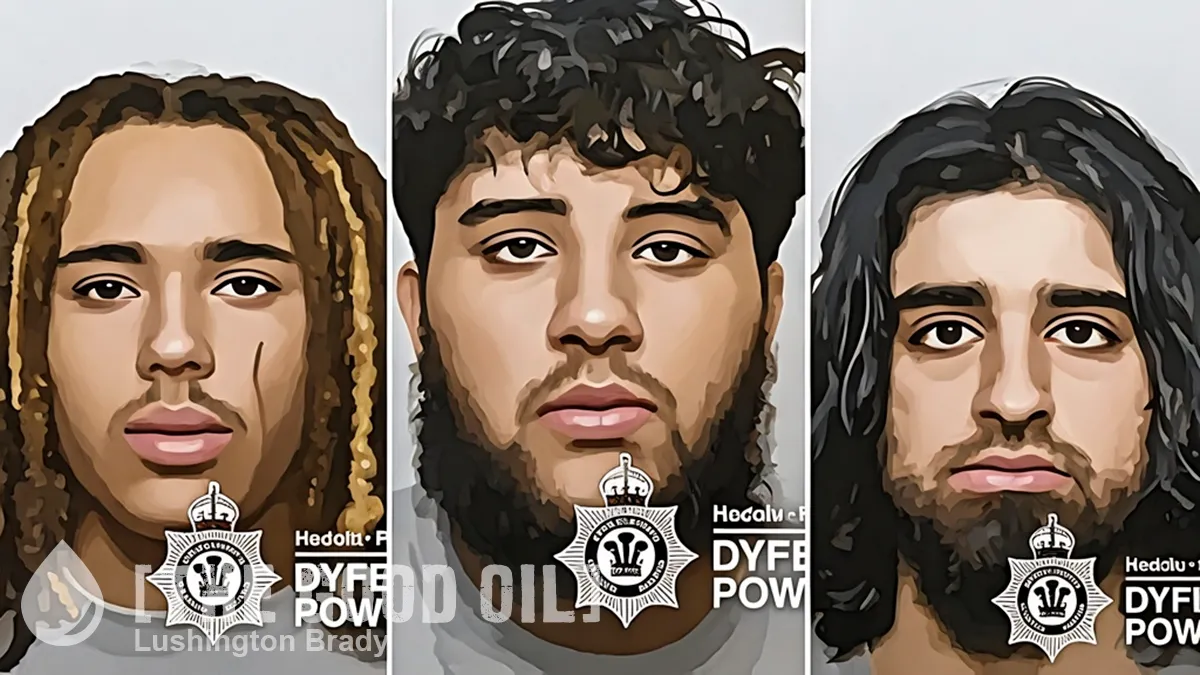Table of Contents
Recently, Stuff slandered Julian Batchelor labelling him ‘racist’ for not allowing Maori activists into his Stop Co-Governance meeting. Never mind the fact that Julian repeatedly and respectfully told them that
- It’s a private meeting
- He believes with good reason that the people confronting him with their cameras will disrupt his meeting
- All of his speeches are recorded and on the website.
Nobody should have been surprised considering that Maori activists have shut down multiple meetings.
What if I told you about a Jewish journalist who was removed from a press conference because (and this is true) ‘security guards thought he would be a public nuisance’. What far-right Neo-Nazi did that? That Neo Nazi turned out to be Dan Andrews who expelled Avi Yemeni from his press conference because he felt ‘unsafe’. Bet you didn’t hear about this, because the political class thought it was justified.
It seems that we have two unspoken precedents right now: The right to disrupt and the right to stop disruptions. I say unspoken because there is no law about disruptions. The closest we have are laws about rioting and rights to stop a breach of the peace in the Crimes Act 1961.
The precedent of the right to disrupt was set by the left. In England, this was set by communists who disrupted the meetings of the British Union of Fascists in the 1930s. This is the reason Oswald Mosley established the Blackshirts, to remove such disruptors from his meetings. The Battle of Cable Street started when antifascist protesters attempted to disrupt a march of the party.
In New Zealand, the most famous example was the 1981 Springbok Tour when protestors stormed the field in Hamilton and stopped the match.
There is even a mention of disruptions in the Electoral Commission’s principles and protocols for the elections. Part of their process for the 2017 elections was how to handle ‘disruptions’ to their election process.
Over the past few years, it has become a tactic of the left to stop anything they disagree with by disruption and the mainstream media and political class openly defend activists whose agenda they agree with, while criticising all others who they perceive as disrupting the establishment agenda.
Mainstream media controls the narrative. They defend Extinction Rebellion when they disrupt tennis and pool tournaments in England and Restore Passenger Rail when they stop traffic. However, when freedom fighters disrupt public events with Jacinda Ardern and ‘Sir’ Ashley Bloomfield or attempt citizens’ arrests at a council meeting, they are described as ‘[interruptions by] dangerous anti-vaxers’.
The mainstream media and the political class use their powers to undermine democracy and determine which disruptions are justified and which are not and must be stopped.
As mentioned in a previous article, they attempted to prevent ordinary people from standing for the local body elections because by their standards they were ‘extremists’.
The same political class which on the one hand attempted to justify John Ansell being removed from a public meeting, on the other hand condemned the removal of Peace Action Wellington from a documentary festival for planting fake bombs!
I find it ironic that the same media that defended Maori activists who prevented land development in Ihumatao criticised and slandered the peaceful occupation at Parliament.
Another example of how the political class and mainstream media control the narrative in what they would claim are the best interests of ‘protecting democracy’. Effectively they use their privileged positions to control who has the right to occupy or assemble lawfully and/or use civil disobedience for the purposes of protest and they have the power to legitimise or delegitimise any protest action as they see fit.
Fortunately, people are now caring less and less about what the mainstream media or elites think. Trust in mainstream media has fallen massively and people are becoming more aware of their unspoken rights both to disrupt and to stop disruptions, and are beginning to use them. That scares the establishment.
But why disrupt? Because peaceful means often don’t work and to get the necessary attention for change – the attention of the public and those in power – it is necessary to make their daily life inconvenient.
Stopping people doing what they want to do pushes those in power to pay attention, to seek compromise and to take action.









